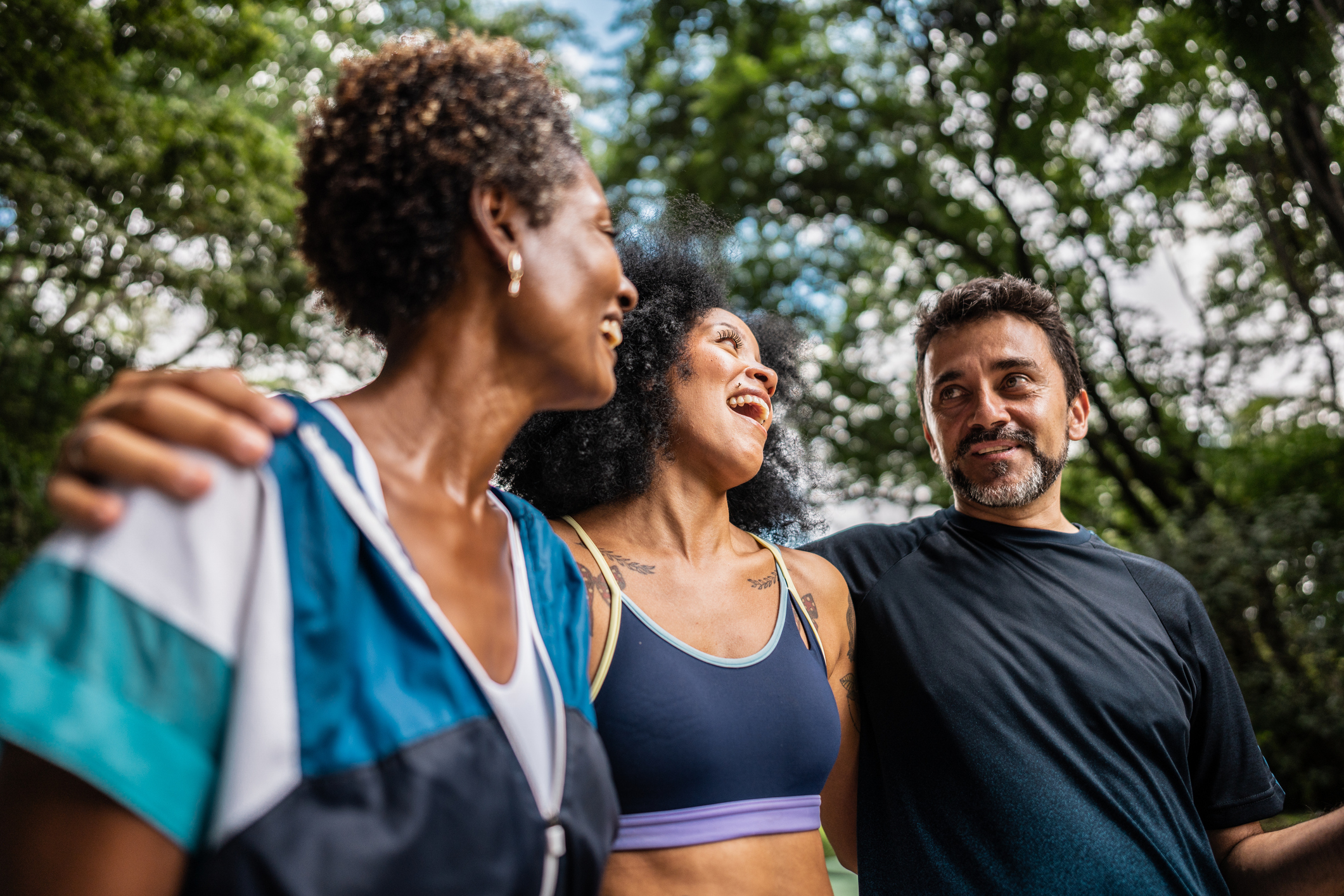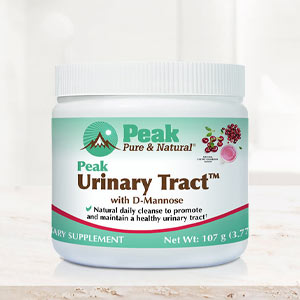Get Easy Health Digest™ in your inbox and don’t miss a thing when you subscribe today. Plus, get the free bonus report, Mother Nature’s Tips, Tricks and Remedies for Cholesterol, Blood Pressure & Blood Sugar as my way of saying welcome to the community!
Just ‘move more’ to lower disease and lengthen lifespan

We all have the best of intentions around exercise. But life gets busy, and when it does, exercise is often the first thing to drop off the to-do list.
Nearly 1 in 4 American adults don’t get the weekly two days of muscle training and 150 minutes of moderate exercise recommended by the Centers for Disease Control and Prevention. And only 1 out of every 10 adults knows how much and what kinds of exercise they need to get to protect against health ailments.
It’s having a big impact on our health. Physical inactivity is at the root of an estimated 3.2 million deaths every year.
If you are one of those who mean to get regular exercise but never quite manage it, today may be a good day to start — especially if you want to live longer….
It’s never too late to move more
An international team of researchers sought to find out if differing patterns of physical activity, as well as its cumulative impact during adulthood, might be linked with a lower risk of death from all causes, as well as specifically from cardiovascular disease and cancer.
They dug into research databases for relevant studies that assessed physical activity at two or more points in time. Their review ultimately included 85 studies published in English up to April 2024, with sample sizes ranging from 357 to 6,572,984 participants. To overcome the challenges of different analytical methods, the researchers carried out separate analyses for each study.
Overall, pooled data analysis of the study results showed that a higher level of physical activity was connected with lower risks of all the included outcomes.
When looking deeper, the results were even more impressive. Consistently active people had an estimated 30-40 percent lower risk of dying from any cause. And those who increased their levels of activity from below those recommended for good health had a 20-25 percent lower risk of death from any cause.
More specifically, participants who switched from being physically inactive to being more active were 22 percent less likely to die from any cause than those who remained inactive. In comparison, those who increased their leisure-time physical activity levels had a 27 percent lower risk of all-cause death.
As expected, swapping an active lifestyle for an inactive one wasn’t associated with a lower risk of death from any cause.
The bottom line: switching to a more active lifestyle at any point in adulthood may extend lifespan, and it’s never too late to start.
Cardiovascular risk was the big winner
Generally, the associations between a high level of physical activity and a lower risk of death were more evident for cardiovascular disease than for cancer, though both showed benefits.
Compared with consistently inactive participants, those who were consistently active overall or were active only in their leisure time were around 40 percent less likely to die from cardiovascular disease and 25 percent less likely to die from cancer.
Despite these findings, in general, the evidence for the connections between physical activity patterns and death from a specific cause remained inconclusive, especially for cancer death.
According to the pooled data, people who were consistently active or who became active had lower risks of death from any cause, and specifically death from cardiovascular disease, when they met the recommended weekly physical activity levels.
However, those who were consistently physically active and performing more than the recommended maximum weekly amount of moderate to vigorous intensity exercise only saw a slight additional reduction in risk.
In other words, don’t sweat it if you can’t go harder.
The researchers note that maintaining or increasing physical activity at levels below the recommended amount was linked with appreciable health benefits. This suggests that even minimal physical activity is better than none, they say.
Despite the limitations, including the subjective nature of the physical activity assessments, the researchers say the findings have significant health implications for starting and maintaining regular exercise.
So what does this mean for you? If you’re already exercising regularly, keep it up. And if you’re not, try easing into an exercise regimen by adding a brisk 30-minute morning or evening walk to your daily routine at least a few times a week. Walking doesn’t require a gym, and the only equipment you’ll need is a pair of sneakers.
If motivation is a problem, do what my husband does and take your phone with you so you can listen to music, an audiobook or a podcast while you walk. It really helps give you something to look forward to.
Editor’s note: Did you know that when you take your body from acid to alkaline you can boost your energy, lose weight, soothe digestion, avoid illness and achieve wellness? Click here to discover The Alkaline Secret to Ultimate Vitality and revive your life today!
Sources:
It’s never too late: Just moving more could add years to your life — ScienceDaily
Physical activity trajectories and accumulation over adulthood and their associations with all-cause and cause-specific mortality: a systematic review and meta-analysis — British Journal of Sports Medicine
The Truth About Exercising and Aging — WebMD
How physical inactivity impacts you as you age — Northwell Health















